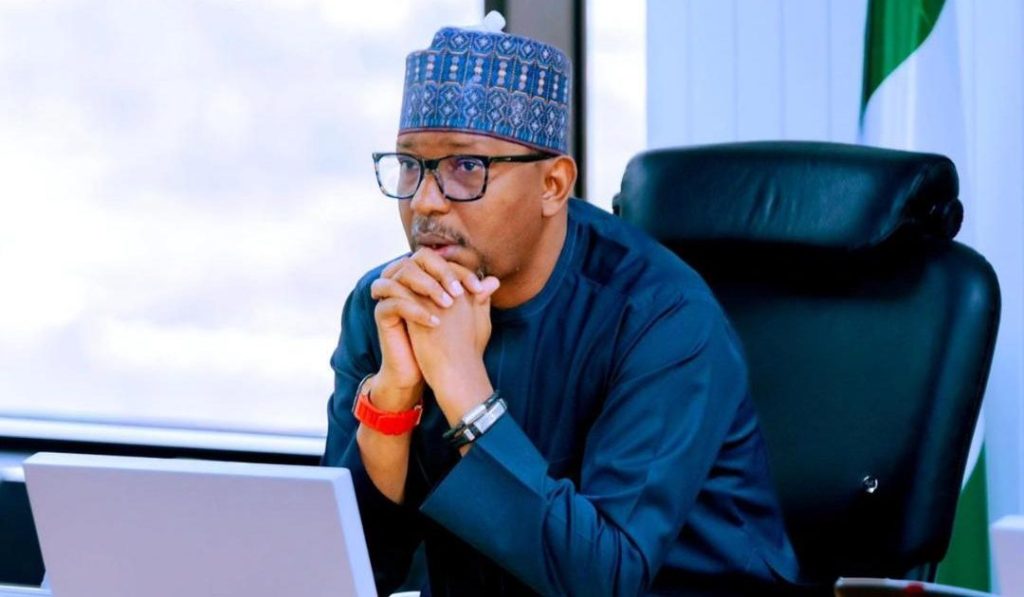Shehu Dikko, Chairman of the National Sports Commission (NSC), has issued a stern directive to all sports federations in Nigeria, emphasizing the importance of grassroots development programs. Dikko stressed that the NSC will prioritize funding and support for federations that demonstrate a commitment to nurturing young talent and building a strong foundation for their respective sports. This directive signals a significant shift in the NSC’s approach, moving away from a focus on international competitions and towards a more holistic development strategy. Federations now have a deadline of January 31st to submit their comprehensive grassroots development plans for the entire year. This ultimatum underscores the NSC’s seriousness in implementing this new policy and ensuring that federations align their activities with the overarching national sports development agenda.
This new directive forms a crucial component of the NSC’s “Renewed Hope Initiative for Nigeria’s Sports Economy” (RHINSE), unveiled in December. RHINSE represents a comprehensive overhaul of the Nigerian sports landscape, aiming to transition from a competition-centric model to a development-driven and value-added industry. The initiative seeks to “Reset, Refocus, and Relaunch” the entire sports ecosystem, emphasizing the importance of building a sustainable and vibrant sporting culture from the ground up. By prioritizing grassroots development, the NSC aims to create a pipeline of talented athletes who can compete successfully on the international stage while simultaneously fostering a broader culture of sports participation across the country.
The emphasis on grassroots development reflects a recognition that sustainable success in sports requires long-term investment in nurturing young talent and building strong foundations. International competitions, while important, are seen as the culmination of a comprehensive development process rather than the primary focus. By requiring federations to prioritize grassroots programs, the NSC aims to ensure that resources are allocated effectively to create a robust and sustainable sporting ecosystem. This strategic shift is expected to lead to more consistent and impactful results in the long run, as opposed to the sporadic successes that may arise from a solely competition-focused approach.
The RHINSE initiative transcends mere infrastructure development; it envisions a fundamental shift in how sports are perceived and managed within the country. It aims to position sports as a national asset, deserving of special support, concessions, and legal frameworks to drive growth. The initiative recognizes the multifaceted role of sports, not only as a source of national pride and unity but also as a catalyst for economic growth and community development. By investing in sports at the grassroots level, the NSC aims to create opportunities for millions of young Nigerians, providing them with avenues for personal development, social integration, and economic empowerment.
Dikko’s appointment as the chairman of the revived NSC by President Bola Tinubu, following the dissolution of the Ministry of Sports Development, signals the government’s commitment to revitalizing the sports sector. The scrapping of the ministry and the subsequent establishment of the NSC suggests a desire for a more streamlined and focused approach to sports governance. Dikko’s background as the former chairman of the Nigeria Premier Football League brings valuable experience and insights to his new role, particularly in the area of professional sports management and development. His leadership will be crucial in driving the implementation of the RHINSE initiative and ensuring that its objectives are achieved.
The NSC’s new directive and the overarching RHINSE initiative represent a significant step towards transforming the Nigerian sports landscape. By prioritizing grassroots development, the NSC aims to create a sustainable and vibrant sporting culture that benefits not only elite athletes but also communities across the country. The success of this initiative will depend on the effective collaboration between the NSC, the various sports federations, and other stakeholders in the sports ecosystem. The January 31st deadline for federations to submit their grassroots development plans serves as a clear call to action, emphasizing the urgency and importance of this new direction for Nigerian sports. The long-term vision is to establish a robust and thriving sports sector that contributes to national unity, economic growth, and the overall well-being of Nigerian citizens.














